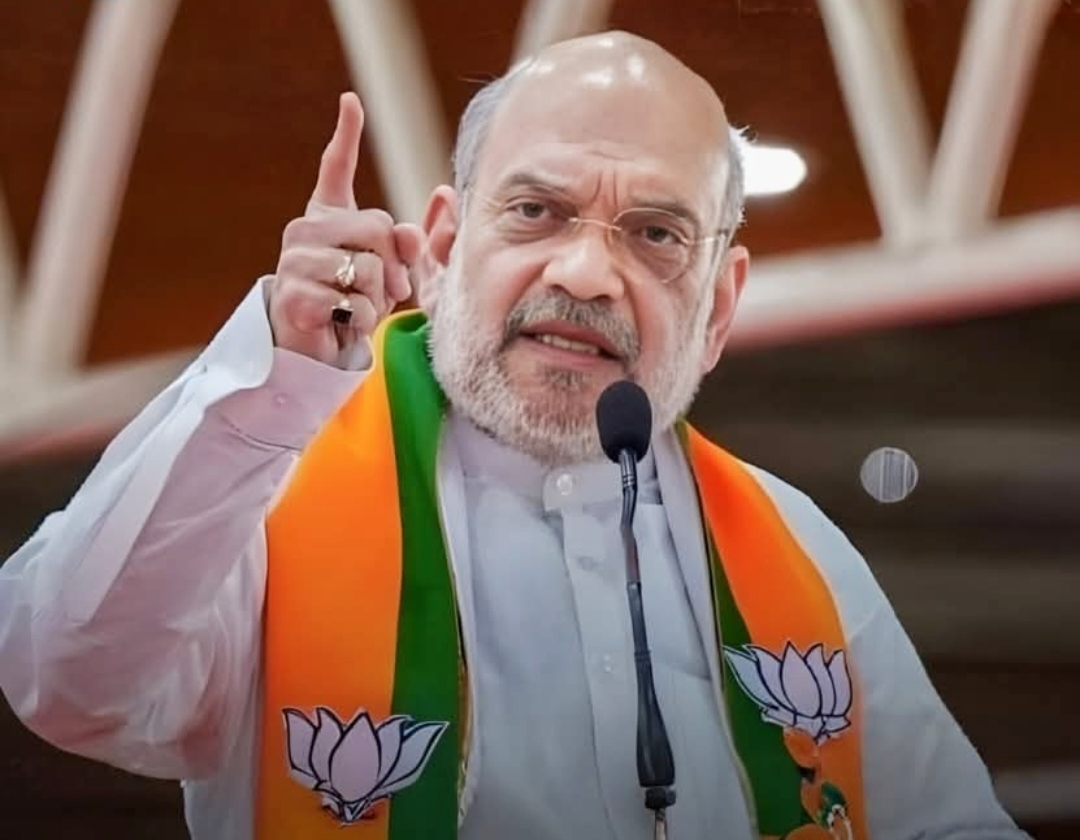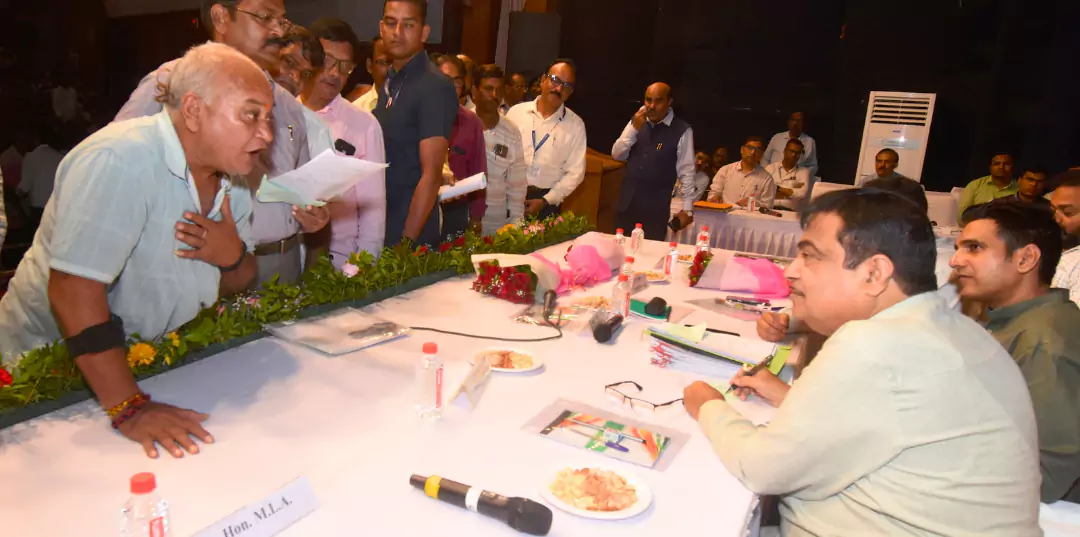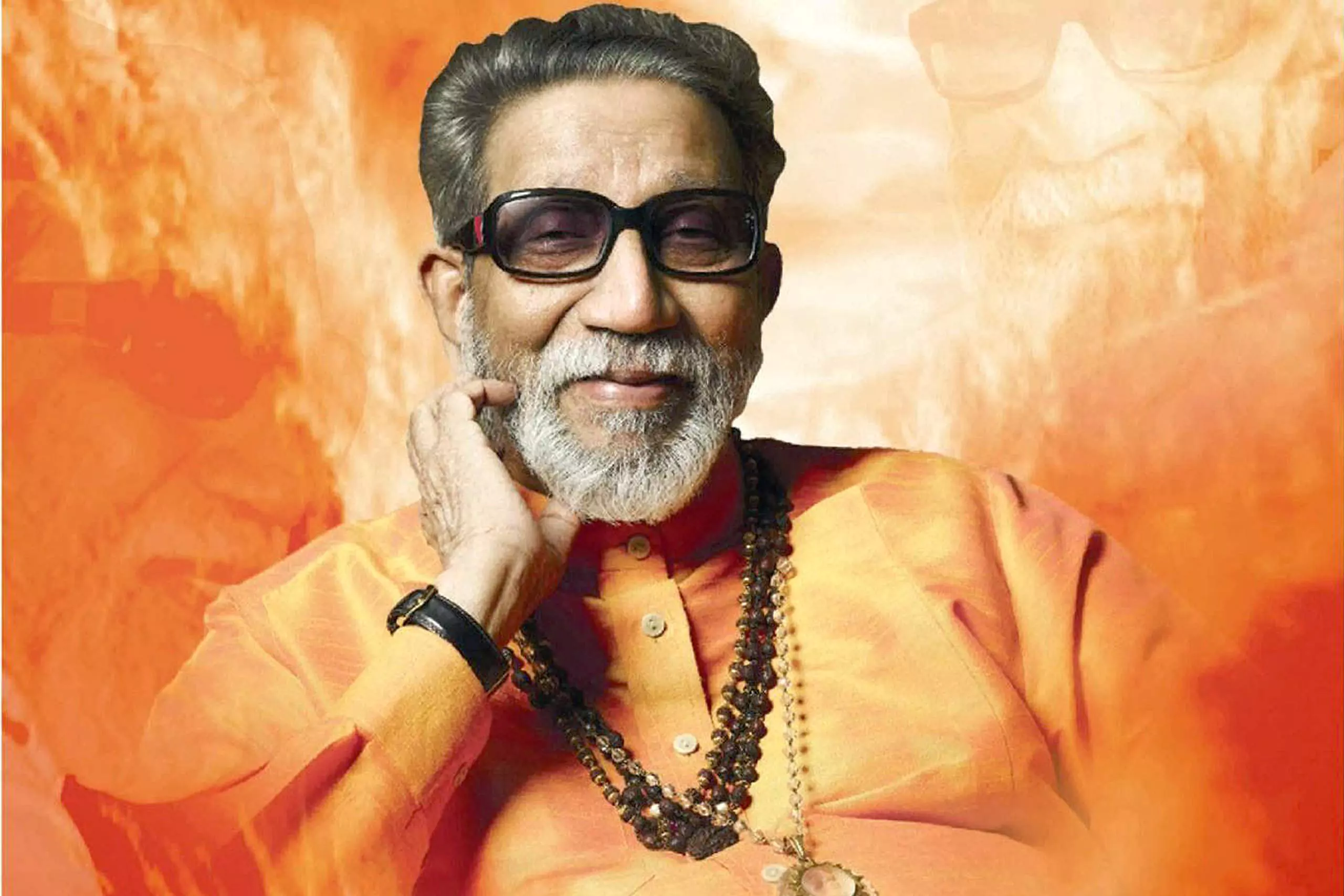Union Home Minister Amit Shah has sparked a nationwide debate with his recent statement declaring that “India is not a Dharamshala, only those born in this country will have the right to vote.” The remark came during an event held in Sitamarhi, Bihar, amidst the Special Intensive Revision exercise by the Election Commission of India (ECI) in several poll-bound states.
Context of the Remark
The Home Minister’s statement arrives at a politically sensitive time, as multiple states prepare for upcoming assembly elections. The Election Commission’s ongoing voter list verification and revision exercise aims to ensure that only eligible Indian citizens are enrolled in the electoral rolls.
By asserting that India is “not a Dharamshala” — a term traditionally referring to a resting place for travelers — Shah implied that the nation cannot be open to unrestricted inclusion of non-citizens in the democratic process. His remarks have reignited discussions about citizenship, voter eligibility, and national security.
Political Reactions and Debate
The statement has received mixed reactions across the political spectrum.
BJP leaders and supporters have defended Amit Shah’s position, saying it reinforces India’s sovereignty and the importance of protecting voting rights for legitimate citizens. They argue that allowing foreign-born individuals or illegal immigrants to vote undermines the country’s democratic integrity.
On the other hand, opposition parties have criticized the remarks as divisive and exclusionary, expressing concern that such statements could be used to justify the disenfranchisement of marginalized groups or migrant communities who have lived in India for decades.
Link to Citizenship and Voter Verification
Amit Shah’s comment also connects with the larger national discussion around the National Register of Citizens (NRC) and the Citizenship Amendment Act (CAA). These policies, aimed at identifying illegal immigrants and granting citizenship to persecuted minorities from neighboring countries, have been both supported and opposed on various grounds.
The Special Intensive Revision (SIR) by the Election Commission focuses on:
Removing duplicate and ineligible entries
Ensuring all eligible citizens are registered
Verifying age and address details
Preventing non-citizens from being included in electoral rolls
The Home Minister’s statement aligns with the government’s consistent emphasis on protecting the sanctity of India’s voting process.
Public Reactions
Among the public, reactions remain polarized. Many citizens view the remark as a necessary call for stricter voter list management, especially in border regions where cross-border migration has historically been an issue. Others feel that the tone of the message could alienate certain communities or create fear among those still struggling with documentation.
Expert Opinions
Political analysts believe Shah’s comments are strategically timed ahead of the elections to underscore the BJP’s stance on citizenship and national identity.
According to policy experts, India’s democratic framework already grants voting rights only to Indian citizens, but implementation loopholes in voter registration often lead to inaccuracies. Therefore, the government’s renewed focus on voter verification could be a step toward cleaner elections, provided it’s conducted transparently and fairly.
Historical and Constitutional Context
The Constitution of India, under Article 326, clearly states that elections to the House of the People and State Legislative Assemblies shall be based on adult suffrage—that is, every citizen of India who is 18 years or older and not disqualified by law has the right to vote. Thus, being born in India or obtaining citizenship legally are the fundamental criteria.
Amit Shah’s “India is not a Dharamshala” remark appears to reinforce this constitutional principle by emphasizing citizenship-based voting rights rather than extending privileges to outsiders or undocumented individuals.
Conclusion
Amit Shah’s statement has once again brought the citizenship versus inclusivity debate to the forefront of Indian politics. While supporters hail it as a move to protect national integrity, critics argue it risks excluding genuine residents due to documentation challenges.
As India heads toward key state elections, the discussion on who qualifies as a rightful voter and how to maintain a fair electoral system will remain central to both governance and public discourse.
India is Not a Dharamshala: Only Those Born in India Will Have Right to Vote – Amit Shah





